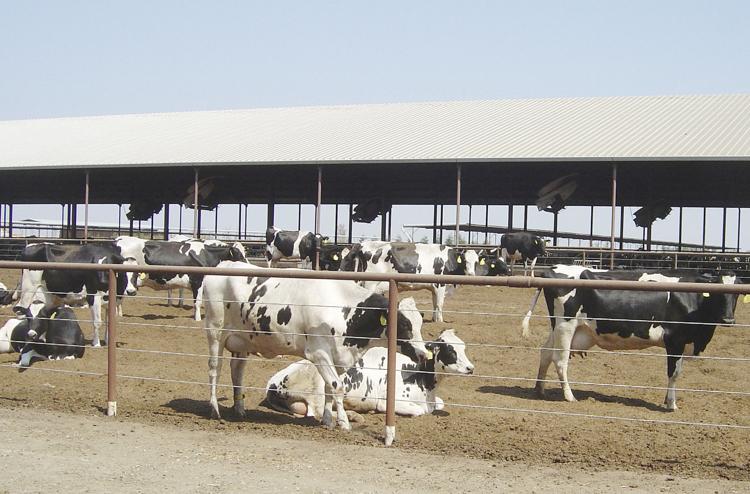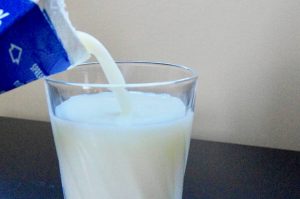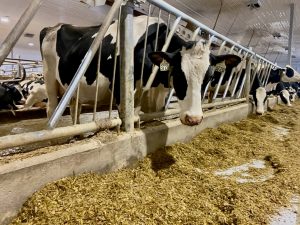
The U.S Dairy Export Council, National Milk Producers Federation and International Dairy Foods Association on Monday filed joint comments to Global Affairs Canada, a government agency that manages Canada’s diplomatic relations.
The agency is conducting a review of the allocation and administration of tariff rate quotas — known as TRQs — for dairy, poultry and egg products.
The U.S. organizations are insisting on dramatic reform of Canada’s TRQ policies to ensure access to Canada’s market agreed upon in USMCA.
“Canada needs to stop manipulating its dairy TRQs,” Krysta Harden, president and CEO of the U.S. Dairy Export Council, said in a press release.
“Its actions have not only negatively impacted U.S. dairy farmers and manufacturers, but also constrained many Canadian companies from being able to make use of these new TRQs to expand their supply options,” she said. “USMCA lays out clear requirements on TRQ procedures, and we urge the U.S. government to ensure full compliance by Canada with those commitments.”
Among the priorities in the joint comments is ensuring TRQs be made available without discrimination to all actors in Canada’s full dairy supply chain — including distributors, retailers, foodservice outlets, processors and others.
Canada’s TRQs “are overly tilted toward Canadian dairy processors who in many cases have a disincentive to import competing product, particularly higher value products,” Shawna Morris, vice president for trade with the Dairy Export Council and National Milk Producers Federation, told Capital Press.
For instance, 80% to 85% of the quantities for all the dairy TRQs have been granted to Canadian dairy processors based on their market share, leaving a small amount left over for distributors and cutting out retailers from TRQ access, she said.
“It’s these latter two groups that we think have the strongest incentives to actually purchase U.S. dairy products, and we want to ensure they have a greater role in the process,” she said.
“USMCA commitments provided for a controlled expansion of access for U.S. exports to finally crack open the door to Canada’s market a bit further,” Jim Mulhern, president and CEO of National Milk, said.
“It’s time for Canada to stop playing games and address concerns related to the administration of its TRQs,” he said.
“Canada is failing to meet its trade obligations by manipulating import license procedures and minimizing the ability of U.S. dairy farmers to have full access to the benefits of USMCA. That needs to stop, and we look forward to working with the Biden administration to ensure it does,” he said.
International Dairy Foods Association is pleased to partner with its colleagues to present a united front to Canada requesting it honor its trade commitments, said Michael Dykes, president and CEO of the association.
“We continue to ask our U.S. government colleagues to hold Canada accountable to honor its USMCA commitments and to align its TRQ policies with its international obligations,” he said.
Those commitments also include reforms to Canada’s dairy pricing program.

























